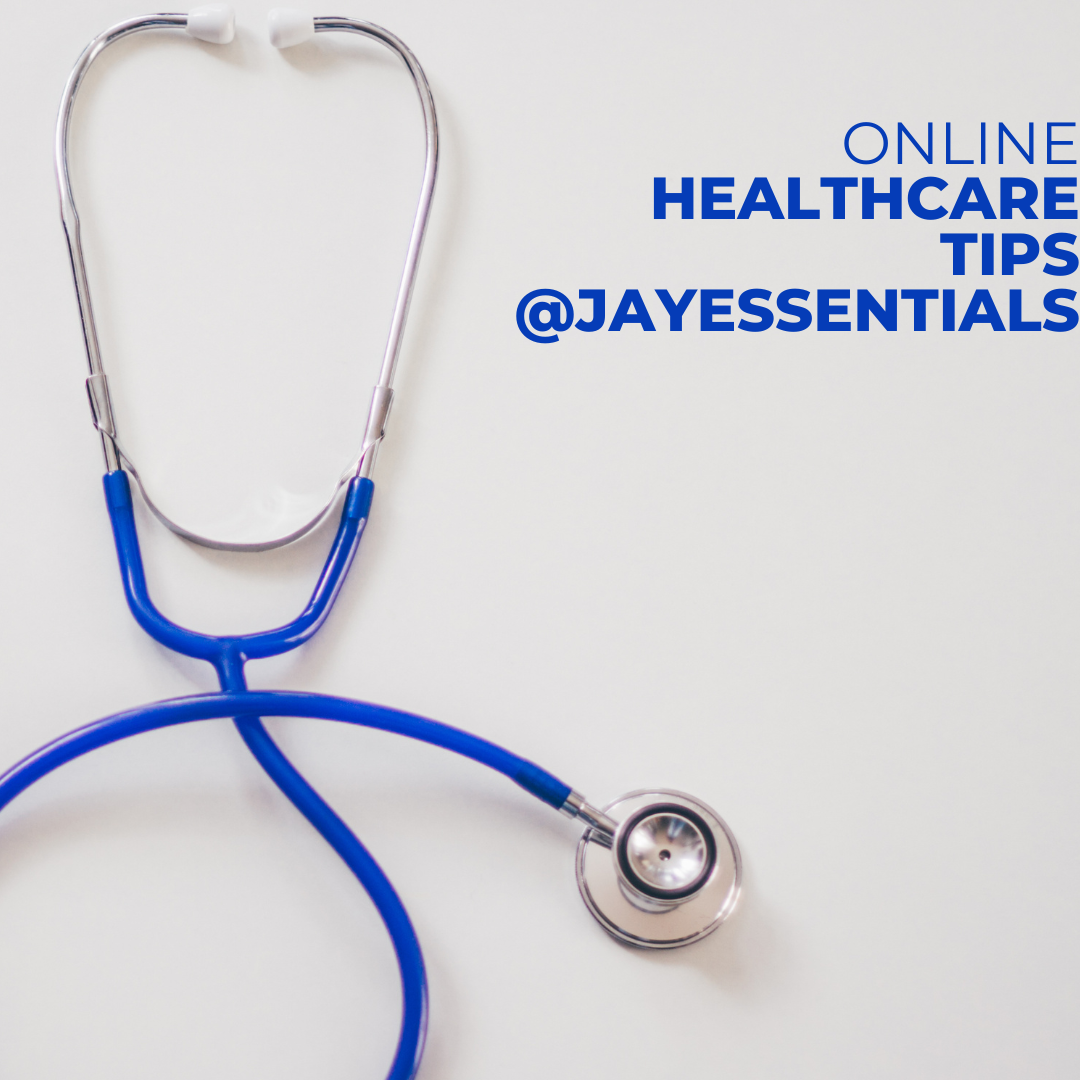An increasing number of male health issues are being linked to excessive masturbation, according to a British doctor. In moderation, self-pleasure can decrease stress and enhance sleep quality and mood, but it can become an unhealthy habit and promote erectile dysfunction. While there isn’t a set amount of time that is ideal for masturbating, Dr. Donald Grant, a general practitioner and senior clinical adviser at The Independent Pharmacy, clarifies that excessive masturbation can have negative effects on one’s physical and se&ual well-being.
The increase in the usage of pornography is a major worry; half of UK adults now have internet access to explicit content. This may result in PIED, or porn-induced erectile dysfunction, which is frequently linked to diabetes, high blood pressure, high cholesterol, and obesity. One kind of erectile dysfunction that results from excessive pornographic use is called PIED. It can lead to desensitization, making it more difficult for males to develop and sustain an erection.
Intimacy-affecting physical changes, such as decreased sensitivity in the vaginal region and damaged nerve endings from excessive activity, can also be brought on by compulsive masturbation. While there is a chance of short-term friction damage from this, sensitivity can be restored by things like taking pauses and applying lubricants.
Additionally, Dr. Grant cautions against over-masturbating because it can lead to an excessive concentration on one’s own pleasure, which can result in performance anxiety and sex desire. It’s difficult to say how much sexual activity is too much, but it’s crucial to keep an eye on it to make sure it doesn’t get in the way of relationships, job, or social life.
Masturbating should be done sensibly and in moderation so as not to interfere with daily activities and ruin one’s sexual life. Because of the guilt or shame associated with their masturbation, some people may even endure mental anguish, which can have a serious impact on their mental health.




